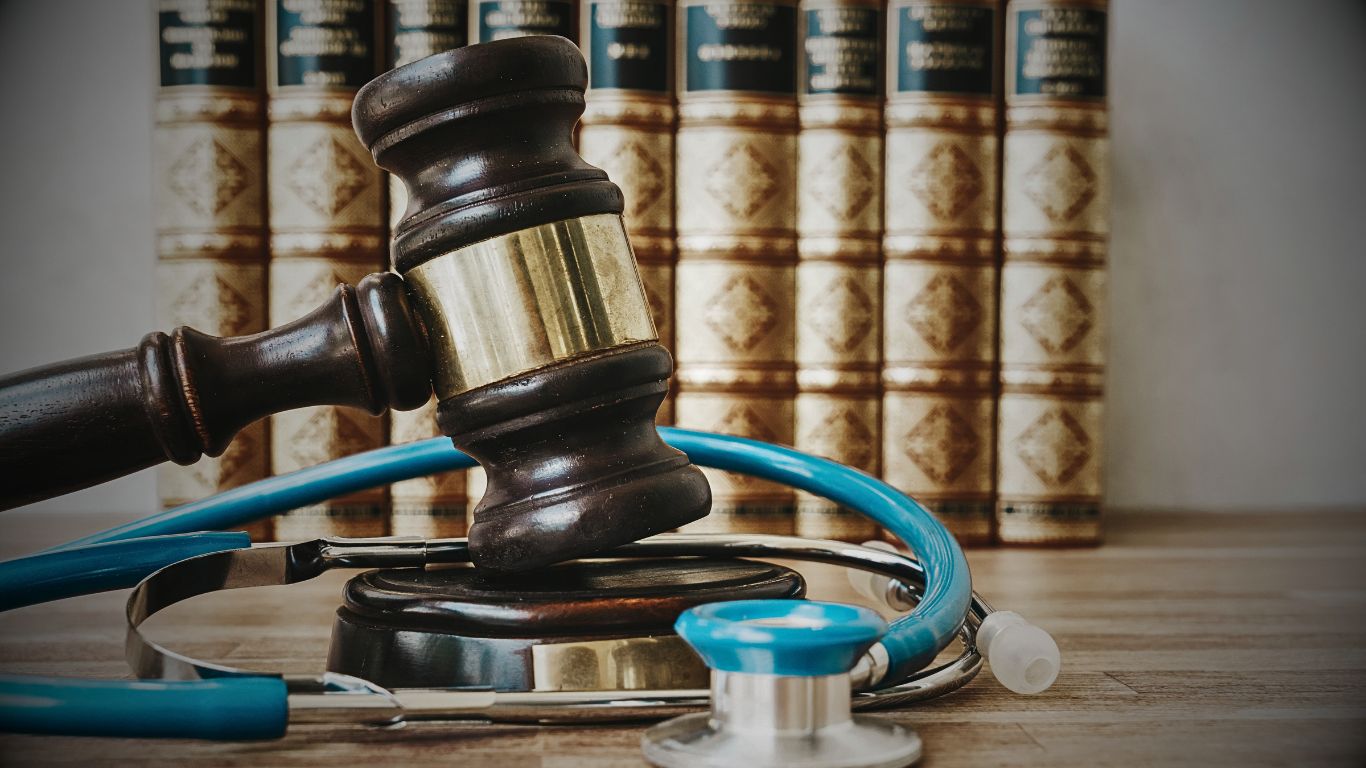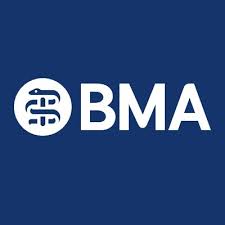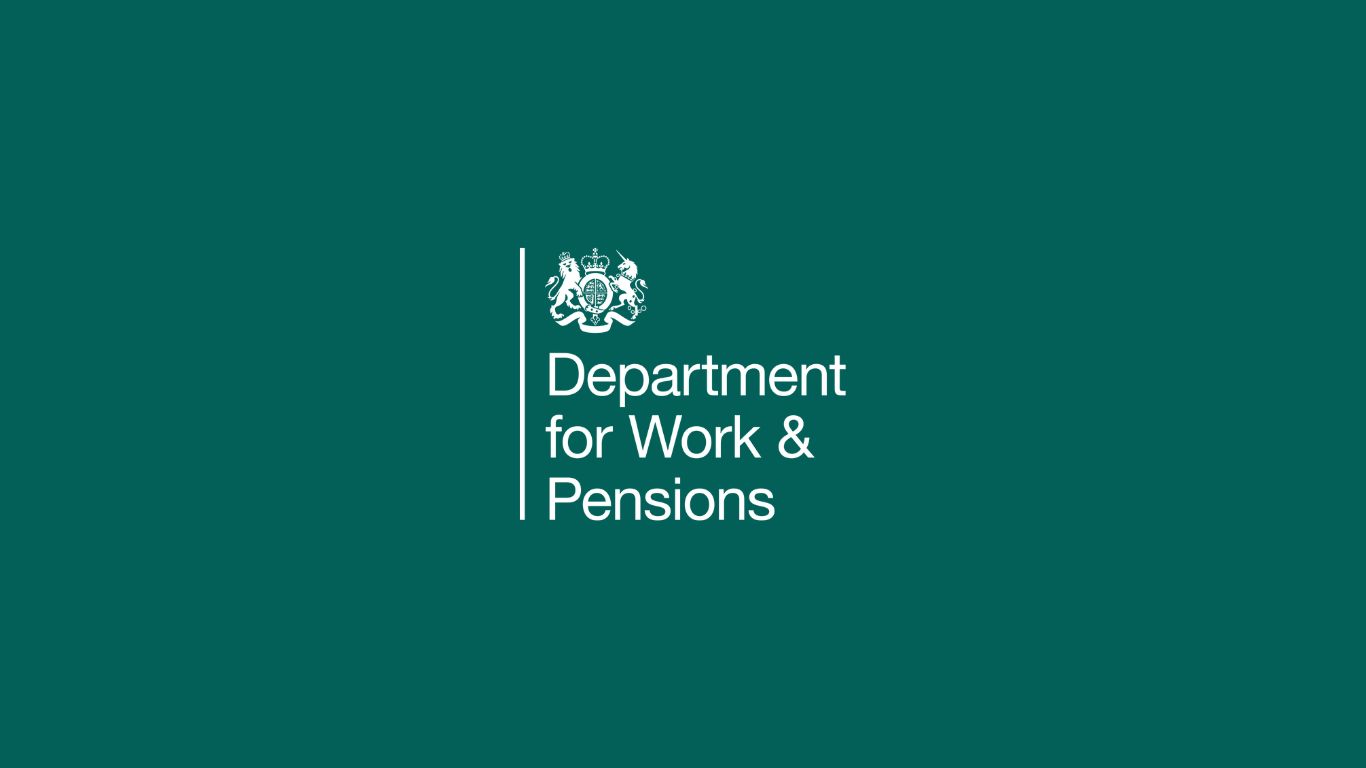GP support for people involved with the Criminal Justice System
GP support for people involved with the Criminal Justice System
The Health and Justice Partnership Coordinator is a new role within the Probation Service that has been implemented to enhance access to treatment pathways for individuals within the Criminal Justice System and improve continuity of care between community and prison providers for those who receive custodial sentences.
Health inequalities feature heavily within the Criminal Justice System meaning people involved with offending are more likely to die younger, suffer from physical health issues, use substances, have mental health issues, experience domestic abuse, self-harm and have neurodiversity needs. Many prisoners are released with ongoing treatment needs that require repeat prescriptions and continuity of care.
Many people are released from custody with housing difficulties, therefore, are unlikely to have a fixed address or proof of ID. When someone is homeless this should not stop them from being able to register with a GP surgery. Proof of address can be requested but is not essential and should not be a barrier to registration. A care of address can be used, and for those who do not have a support network, the GP practice or probation office address could be provided as an alternative to aid registration.
When someone is in prison it is not possible for a community GP appointment to be booked for them in advance because they remain registered with the prison GP until their release. The GMS registration for that individual does not become available to the GP surgery until the person has been released, their records will then move to the community and leave the secure estate system; provided they know the surgery that they want to register with beforehand.
Many people do not know where they will go at the point of release, therefore, are unable to identify a GP practice to register with whilst in prison. There is also a huge remand population in prison meaning that a growing number people can be released from court on the day of sentencing which disrupts any release planning opportunities and makes information sharing more difficult.
Recent research found that 49% of participants were discouraged from reaching out to a GP due to concerns they would not be taken seriously by a healthcare professional because of their prison history. People on probation face multiple barriers to accessing services. Many are unemployed without immediate access to benefits, therefore, lack the funding required to travel to their appointments. Not all people have access to mobile phones, some have limited funding to make calls, many people in prison have literacy issues and some will not have access, or be allowed access, to the internet, therefore, removing the option for online registration and appointments.
Increasing awareness of these barriers across your practice and enabling access is important to ensure continuity of care is possible for these complex individuals who often present with multiple health needs. Referrals to onward services, such as the Community Mental Health team, are also not possible until someone is registered with a GP, therefore, timely GP registrations are essential to ensure support is available to those who need it in the community.
For any further information regarding continuity of care for people involved in the Criminal Justice System please contact emma-louise.davy1@justice.gov.uk




